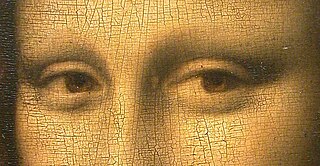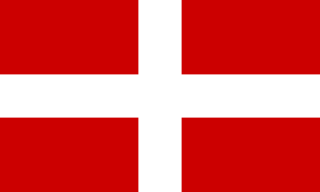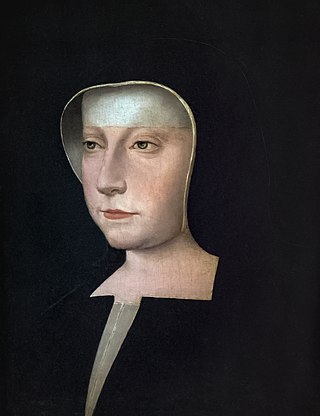| |||||
| Decades: | |||||
|---|---|---|---|---|---|
| See also: | Other events of 1476 History of France • Timeline • Years | ||||
Events from the year 1476 in France
| |||||
| Decades: | |||||
|---|---|---|---|---|---|
| See also: | Other events of 1476 History of France • Timeline • Years | ||||
Events from the year 1476 in France

Year 1476 (MCDLXXVI) was a leap year starting on Monday of the Julian calendar.

Year 1531 (MDXXXI) was a common year starting on Sunday of the Julian calendar.
Year 1465 (MCDLXV) was a common year starting on Tuesday of the Julian calendar.

Year 1503 (MDIII) was a common year starting on Sunday of the Julian calendar.
The 1460s decade ran from January 1, 1460, to December 31, 1469.
Year 1461 (MCDLXI) was a common year starting on Thursday of the Julian calendar.

Year 1435 (MCDXXXV) was a common year starting on Saturday of the Julian calendar, the 1435th year of the Common Era (CE) and Anno Domini (AD) designations, the 435th year of the 2nd millennium, the 35th year of the 15th century, and the 6th year of the 1430s decade.

Louis William, Margrave of Baden-Baden was the ruling Margrave of Baden-Baden in Germany and chief commander of the Imperial army. He was also known as Türkenlouis for his numerous victories against Ottoman forces. After his death in 1707, his wife, Sibylle of Saxe-Lauenburg, acted as regent of Baden-Baden during the minority of his eldest son, who succeeded him as Margrave of Baden-Baden.

Charles Ferdinand d'Artois, Duke of Berry was the third child and younger son of Charles X, King of France, by his wife Maria Theresa of Savoy. In 1820 he was assassinated at the Paris Opera by Louis Pierre Louvel, a Bonapartist. In June 1832, two years after the overthrow of Charles X, an unsuccessful royalist insurrection in the Vendée was led by Marie-Caroline de Bourbon-Sicile, widow of Charles Ferdinand, in an attempt to restore their son Henri, Comte de Chambord to the French throne.

The Duchy of Savoy was a territorial entity of the Savoyard state that existed from 1416 until 1860 and was a possession of the House of Savoy.

Archduchess Margaret of Austria was Governor of the Habsburg Netherlands from 1507 to 1515 and again from 1519 to 1530. She was the first of many female regents in the Netherlands.
Duke of Nemours was a title in the Peerage of France. The name refers to Nemours in the Île-de-France region of north-central France.

Louis Antoine of France, Duke of Angoulême was the elder son of Charles X of France and the last Dauphin of France from 1824 to 1830. He was disputedly King of France and Navarre for less than 20 minutes before he himself abdicated, due to his father's abdication during the July Revolution in 1830. He never reigned over the country, but after his father's death in 1836, he was the legitimist pretender as Louis XIX.

Louise of Savoy was a French noble and regent, Duchess suo jure of Auvergne and Bourbon, Duchess of Nemours and the mother of King Francis I and Marguerite of Navarre. She was politically active and served as the regent of France in 1515, in 1525–1526 and in 1529.

Yolande of Valois, also called Yolande of France, was Duchess of Savoy by marriage to Duke Amadeus IX of Savoy, and regent of Savoy during the minority of her son Philibert I of Savoy from 1472 until 1478.

Anne of France was a French princess and regent, the eldest daughter of Louis XI by Charlotte of Savoy. Anne was the sister of Charles VIII, for whom she acted as regent during his minority from 1483 until 1491. During the regency she was one of the most powerful women of late fifteenth-century Europe, and was referred to as "Madame la Grande". Between 1503 and 1521, she also acted as de facto regent of the Duchy of Bourbon during the reign of her daughter Suzanne, Duchess of Bourbon.

Eugene Maurice of Savoy-Carignano was a Franco-Italian nobleman and general. A count of Soissons, he was the father of Imperial field marshal Prince Eugene of Savoy.
Events from the year 1704 in France.
Events from the year 1792 in France.
Events from the year 1736 in France.